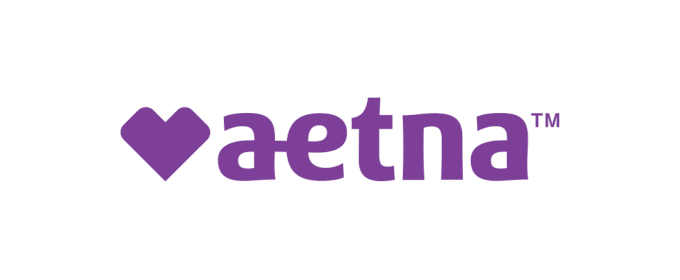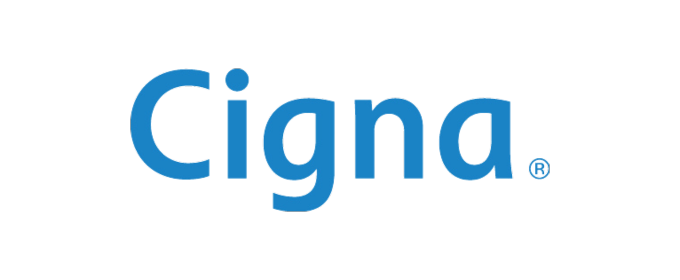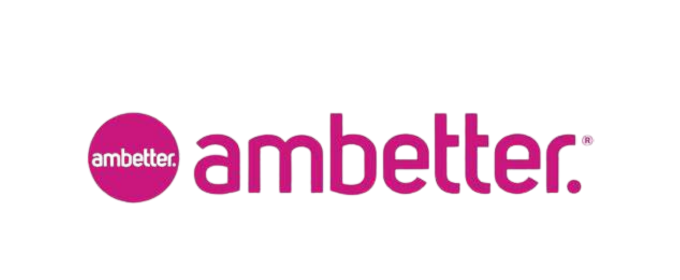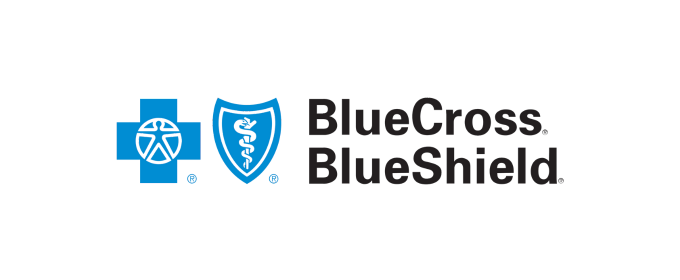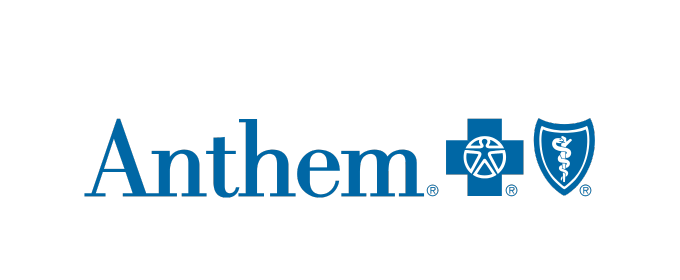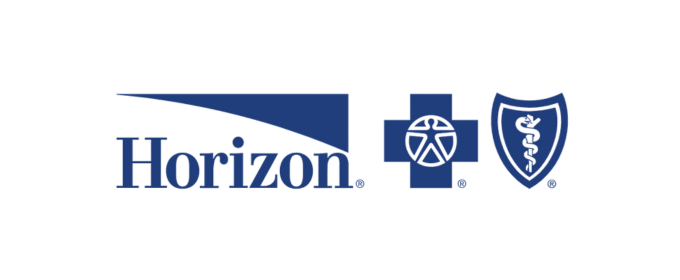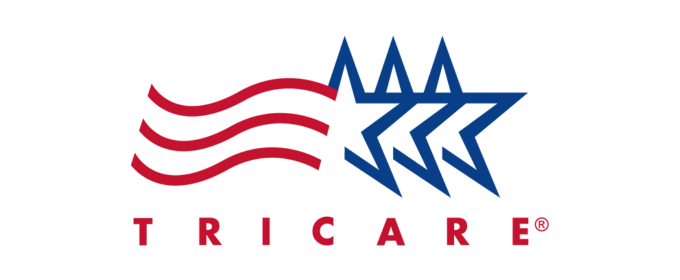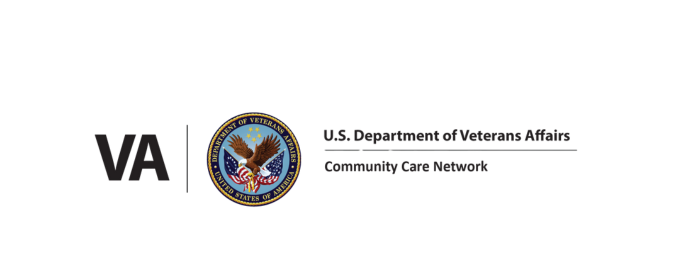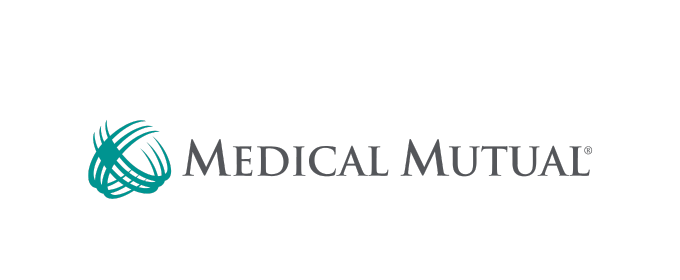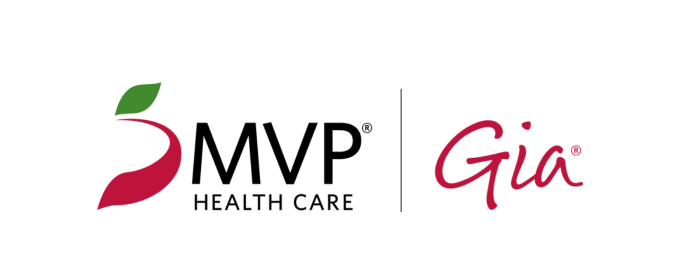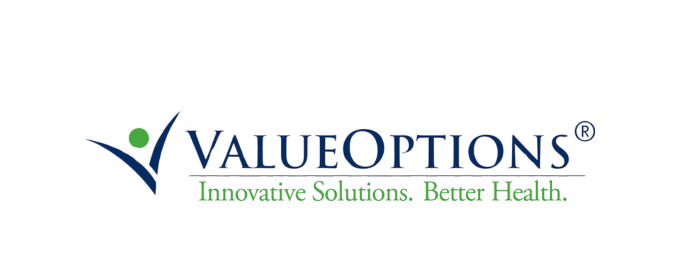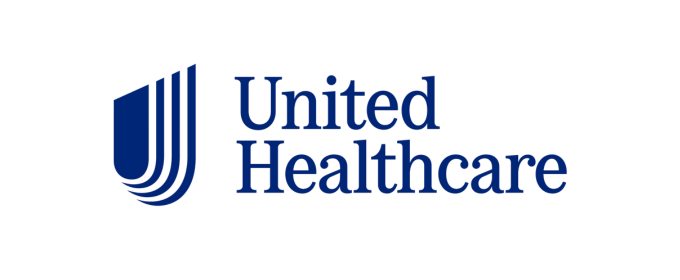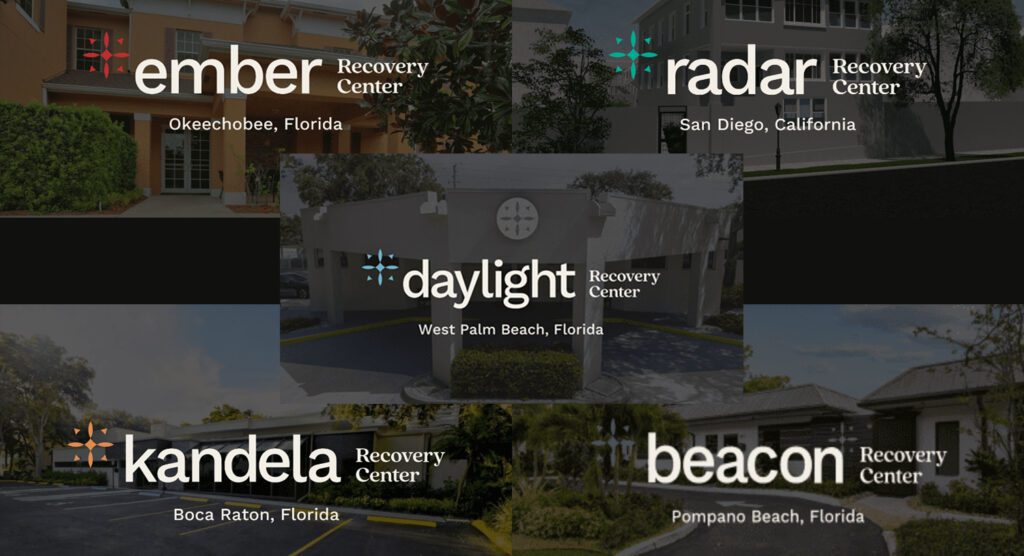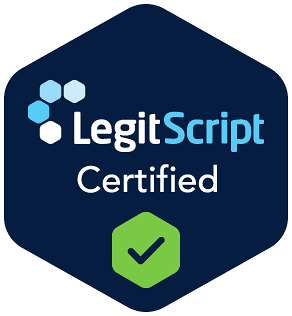Introduction
Background of Recovery Centers
Addiction is a complex disease that affects both the mind and body, necessitating a comprehensive approach for successful treatment. Recovery centers, with their wide array of services, provide the essential structure and support individuals need when battling addiction. They offer a safe, controlled environment where individuals can focus solely on their recovery journey, away from the distractions and triggers of daily life.
Recovery centers are at the forefront of implementing evidence-based practices in addiction treatment. These include a combination of medical, psychological, and holistic therapies tailored to meet the individual’s unique needs. With an emphasis on overall wellness, they aim to equip individuals with the necessary skills to achieve long-term sobriety.
Recovery centers have evolved significantly over the years, with many now offering specialized programs that cater to a wide range of addictions and co-occurring disorders. They continually adapt to the latest research findings in addiction science, ensuring that their treatment approaches are both effective and innovative.
Purpose of the Article
In this blog post, we will take a close look at four recovery center facilities and their unique offerings. This in-depth review aims to provide potential clients and their families with a comprehensive understanding of what these facilities offer, guiding them in making an informed decision about addiction treatment.
We believe in transparency and strive to provide all the necessary information to ensure that the treatment center chosen aligns perfectly with the individual’s needs and preferences. Our ultimate goal is to empower individuals towards a successful recovery journey.
Overview of Recovery Center Facilities
The Role of Recovery Centers in Addiction Treatment
Recovery centers play a crucial role in the landscape of addiction treatment. They offer a sanctuary where individuals can break free from the chains of addiction in a supportive and nurturing environment. Whether it’s drug rehab or alcohol rehab, these centers are equipped with the necessary resources and professional staff to guide individuals on their journey to sobriety.
One of the cornerstones of recovery centers is their comprehensive approach to treatment. This includes detoxification to help manage withdrawal symptoms, various therapeutic interventions for psychological healing, and aftercare services to aid in maintaining sobriety post-treatment.
Moreover, recovery centers understand the complexities of addiction and how it often co-exists with mental health disorders. This recognition has led to the advent of dual diagnosis treatment, which addresses both addiction and mental health disorders simultaneously, improving the chances of successful recovery.
Common Characteristics of Effective Recovery Centers
When evaluating the effectiveness of recovery centers, several factors come into play. Firstly, an effective recovery center should offer a broad range of treatment services. This includes detox services, inpatient rehab, outpatient treatment, and aftercare services. Offering a wide array of services ensures that the center can cater to the diverse needs of its clientele.
Secondly, the center should employ a multidisciplinary team of experts. The team should include medical doctors, psychiatrists, therapists, and support staff who work together to provide comprehensive care. The staff’s qualifications and experience are critical in ensuring that individuals receive the best care possible.
Thirdly, an effective recovery center should provide personalized treatment plans. These plans should be based on a thorough assessment of the individual’s condition, taking into account their addiction type, severity, co-occurring disorders, and personal preferences.
Lastly, an effective recovery center should offer a holistic approach to treatment. Beyond addressing the physical aspects of addiction, the center should also focus on the psychological, emotional, and spiritual aspects. This can be achieved through a combination of traditional therapies like cognitive behavioral therapy (CBT) and dialectical behavioral therapy (DBT), and holistic therapies such as yoga, mindfulness, and stress management.
A Deep Dive into Four Recovery Center Facilities
Flyland Recovery Network
Flyland Recovery Network is a leading provider of addiction treatment services. This recovery center facility is renowned for its comprehensive approach, offering everything from detox services to aftercare support. The dedicated team of professionals is committed to helping individuals overcome their addictions and achieve lasting sobriety.
One of the standout features of Flyland Recovery Network is its innovative therapeutic approaches. The center incorporates a mix of evidence-based therapies, such as CBT and DBT, with holistic treatments like yoga and mindfulness. This combination ensures that all aspects of an individual’s wellbeing are addressed, contributing to a more robust and sustainable recovery.
Moreover, Flyland Recovery Network understands the importance of personalized treatment. They conduct a thorough assessment upon admission to develop a customized treatment plan that caters to the individual’s unique needs and preferences.
Daylight Recovery Center
Daylight Recovery Center is another top-notch facility within the Flyland Recovery Network. Like Flyland, Daylight offers a comprehensive suite of services, including detox, residential treatment, outpatient treatment, and aftercare.
What sets Daylight Recovery Center apart is its commitment to treating co-occurring disorders. Recognizing that addiction often exists alongside mental health conditions, Daylight provides dual diagnosis treatment, addressing both conditions simultaneously to improve recovery outcomes.
Daylight Recovery Center also emphasizes the importance of life skills training. They believe that equipping individuals with practical skills, such as financial management and stress management, is crucial for maintaining sobriety in the real world.
Kandela Recovery Center
Kandela Recovery Center is yet another excellent facility within the Flyland Recovery Network. Kandela distinguishes itself with its specialized programs that cater to different types of addictions, including alcohol addiction, drug addiction, and prescription drug addiction.
Kandela understands that the path to recovery isn’t the same for everyone. Therefore, they offer both 12-step and non-12 step programs to cater to different recovery philosophies. Each program is delivered with the utmost professionalism, respect, and compassion, ensuring that individuals feel supported every step of the way.
Ember Recovery Center
Ember Recovery Center, a part of the Flyland Recovery Network, shines with its unique approach to addiction treatment. This recovery center facility prioritizes holistic therapies, integrating art therapy, music therapy, fitness therapy, and nutrition therapy into their treatment programs. These therapies help individuals connect with their inner selves, cultivate self-expression, and enhance their overall wellbeing.
Ember Recovery Center also stands out with its trauma therapy services. Recognizing that unresolved trauma can often be a root cause of addiction, Ember provides specialized therapy to help individuals process and overcome their traumatic experiences.
Radar Recovery Center
Radar Recovery Center, another key facility in the Flyland Recovery Network, focuses heavily on relapse prevention and sustained recovery. Their team understands that addiction is a chronic disease, and thus, they aim to equip individuals with the necessary skills and strategies to manage it over the long term.
Radar Recovery Center is renowned for its intensive outpatient program. This program allows individuals to continue living at home while receiving comprehensive addiction treatment, providing a balance between treatment and everyday life.
Key Services Offered by Recovery Centers
Detox Services
Detoxification is often the first step in addiction treatment. Detox services are designed to manage the physical symptoms of withdrawal that occur when an individual stops using drugs or alcohol. Medical detox, offered at all Flyland Recovery Network facilities, ensures that this process is safe and as comfortable as possible.
Detox is overseen by medical professionals who monitor the individual’s health and administer medication if necessary. This medical support can help ease withdrawal symptoms, reduce cravings, and minimize the risk of complications.
Residential and Outpatient Treatment
Recovery centers offer both residential (inpatient) and outpatient treatment programs. Residential treatment involves living at the facility for the duration of treatment. This intensive approach provides a structured environment free from distractions and triggers, allowing individuals to focus solely on recovery.
Outpatient treatment, on the other hand, involves attending treatment sessions while living at home. This can be a good option for individuals who have work or family obligations, or for those who have a strong support system at home.
Specialty Treatments (Alcohol, Benzo, Cocaine, Heroin, Opiate, Methamphetamine)
Different substances can require different treatment approaches. As such, recovery centers often offer specialty treatments tailored to specific types of addiction. These specialty treatments take into account the unique challenges associated with each substance.
For example, heroin addiction treatment might focus more on managing intense physical cravings, while alcohol addiction treatment might involve more work on social triggers and coping mechanisms. These specialized programs, combined with the personalized treatment approach, ensure that each individual gets the treatment that is most likely to work for them.
Understanding the Therapeutic Approaches
Behavioral Therapies (CBT, DBT)
Behavioral therapies are a cornerstone of addiction treatment. These therapies aim to change maladaptive behaviors and thought patterns related to substance use. Cognitive-behavioral therapy (CBT) focuses on identifying and challenging negative thought patterns that contribute to substance use. It also helps individuals develop coping strategies to deal with triggers and cravings.
Dialectical behavioral therapy (DBT) is another effective approach, particularly for individuals with co-occurring disorders. DBT helps individuals manage intense emotions, improve interpersonal skills, and cultivate mindfulness, all of which can be beneficial in the recovery process.
Group, Individual, and Family Therapy
Group, individual, and family therapy all play vital roles in addiction treatment. Group therapy offers a supportive environment where individuals can share experiences, learn from each other, and develop social skills. Individual therapy provides a private space for individuals to explore their thoughts and feelings, work through personal challenges, and develop individualized coping strategies.
Family therapy recognizes the impact of addiction on the whole family and the role the family can play in recovery. It aims to improve communication, repair relationships, and foster a supportive family environment.
12-Step and Non-12-Step Programs
12-step programs, like Alcoholics Anonymous (AA) and Narcotics Anonymous (NA), are well-known approaches to addiction treatment. These programs provide a structured pathway to recovery, emphasizing personal responsibility, spiritual growth, and the support of a sober community.
Non-12-step programs, on the other hand, might take a more secular approach and may focus more on self-empowerment and behavioral change. Both approaches can be effective, and the choice often comes down to personal preference.
Holistic Therapies (Yoga, Art, Music, Nutrition)
Holistic therapies aim to treat the whole person, not just the addiction. They can be a valuable complement to traditional therapies, enhancing overall wellbeing and aiding in recovery.
Yoga therapy can help improve physical health, reduce stress, and promote mindfulness. Art and music therapy offer outlets for self-expression, helping individuals process emotions and experiences in a non-verbal way. Nutrition therapy can help correct nutritional deficiencies, improve physical health, and promote better mood and energy levels.
Co-Occurring Disorders and Dual Diagnosis
Definition and Impact
Co-occurring disorders, also known as dual diagnosis, refers to the presence of a mental health condition alongside a substance use disorder. Common co-occurring disorders include depression, anxiety, PTSD, and bipolar disorder.
Having a co-occurring disorder can complicate the treatment process and can increase the risk of relapse. However, with the right treatment, individuals with co-occurring disorders can achieve successful recovery.
Treatment Approaches
Effective treatment for co-occurring disorders involves addressing both the substance use disorder and the mental health condition at the same time. This is often done through a combination of medication, therapy, and support services.
Therapies like CBT and DBT can be particularly effective in treating co-occurring disorders, as they can address both substance use and mental health symptoms. Holistic therapies can also be beneficial, promoting overall wellbeing and stress management.
The Path to Sobriety: From Admissions to Aftercare
Admission Process
The admission process at a recovery center typically involves an initial assessment to understand the individual’s specific needs and develop a personalized treatment plan. This might include a medical examination, a mental health assessment, and an exploration of the individual’s substance use history and recovery goals.
Following the assessment, the individual will usually begin with detox (if necessary), followed by the agreed-upon treatment program.
Treatment Period
The treatment period can vary depending on the individual’s specific needs and progress. It typically involves a combination of therapies, support services, and life skills training.
The goal is to help the individual stop using substances, manage cravings, address any underlying issues, and develop the skills needed to maintain sobriety.
Aftercare and Support Systems
Aftercare is a vital part of the recovery process. Aftercare services can include ongoing therapy, support groups, and sober living arrangements. These services aim to support individuals in their transition back into everyday life and help them maintain their sobriety in the long term.
Support systems are also critical to sustained recovery. This can include family and friends, peers from treatment or support groups, therapists, and other healthcare providers. A strong support system can provide encouragement, advice, and accountability, helping individuals navigate challenges and stay on track with their recovery.
Navigating the Costs: Insurance and Affordability
Insurance Accepted and Verification Process
Most recovery centers, including those in the Flyland Recovery Network, accept insurance for treatment. This can significantly reduce the out-of-pocket cost for individuals. The specific coverage will depend on the individual’s insurance plan, so it’s important to verify coverage before starting treatment.
The verification process typically involves contacting the insurance company to confirm what services are covered and what costs the individual will be responsible for. Many recovery centers have staff who can assist with this process, making it easier for individuals to understand and navigate their coverage.
Affordable Rehab Options
In addition to insurance coverage, there are other ways to make rehab more affordable. Some recovery centers offer sliding scale fees, where the cost of treatment is based on the individual’s ability to pay. Others might offer payment plans, allowing individuals to spread out the cost of treatment over time.
It’s also worth exploring public and nonprofit programs, grants, and scholarships that can help cover the cost of treatment. The key is to not let cost deter you from seeking help; there are many resources available to make recovery affordable.
Patient Testimonials and Success Stories
Stories of Recovery
Hearing from individuals who have successfully navigated the path to recovery can be incredibly inspiring and motivating. The testimonial page on Flyland Recovery Network’s website is full of such stories. These testimonials highlight the transformative power of effective treatment and the positive impact of recovery on all areas of life.
One such testimonial reads: “Flyland’s program helped me regain control of my life. Their team was supportive and compassionate, and they gave me the tools I needed to stay sober. I’m so grateful for their help.”
Evaluating Success Rates and Relapse Rates
Success rates and relapse rates can be useful indicators of a recovery center’s effectiveness. However, it’s important to interpret these numbers in context. Recovery is a complex process, and success can look different for different individuals.
Generally, a lower relapse rate and a higher success rate suggest that a recovery center is effective in helping individuals achieve and maintain sobriety. However, even if relapse occurs, it doesn’t mean that treatment has failed; rather, it may indicate that adjustments need to be made to the treatment plan.
Conclusion
Summarizing the Look Inside These Four Recovery Centers
This comprehensive look inside the Daylight, Kandela, Ember, and Radar Recovery Centers—part of the esteemed Flyland Recovery Network—reveals their deep commitment to treating addiction. With a focus on individualized care, these facilities offer a range of services, from detox to aftercare, treating not just addiction, but the whole person.
Each center in the Flyland Recovery Network has its unique strengths, yet they all share a common mission: to help individuals overcome addiction and reclaim their lives. They achieve this through a combination of evidence-based treatments, holistic therapies, and comprehensive support services.
Next Steps for Interested Readers
If you or a loved one is struggling with addiction, consider exploring the services of these recovery center facilities. A visit to their Admissions page or a call to their dedicated team can provide you with more information tailored to your specific situation.
Remember, the journey to recovery may be challenging, but you don’t have to face it alone. These recovery center facilities stand ready to provide the support, care, and treatment you need to overcome addiction and move towards a healthier, more fulfilling life.It’s crucial to remember that recovery is a personal journey, and everyone’s path will look different. What matters most is taking the first step. Contact us, ask for help, and begin your journey to recovery today. The Flyland Recovery Network and many others are ready and willing to guide and support you through every step of the way.

